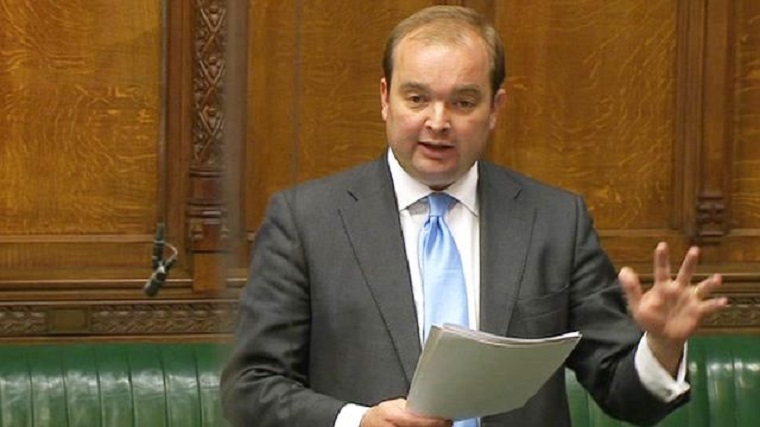 Britain has welcomed the measures to stabilise the exchange rate and inflation announced by Zimbabwe Finance Minister Mthuli Ncube on 11 March but said it will monitor closely how they are implemented.
Britain has welcomed the measures to stabilise the exchange rate and inflation announced by Zimbabwe Finance Minister Mthuli Ncube on 11 March but said it will monitor closely how they are implemented.
Under-Secretary for Foreign and Commonwealth Affairs, James Duddridge told the House of Commons yesterday that the measures were in line with International Monetary Fund recommendations.
“On 11 March the Zimbabwean Finance Minister announced a set of measures intended to stabilize the exchange rate and inflation. Whilst we welcome the measures, which are in line with the recent IMF recommendations, we will monitor closely how the measures are now implemented,” he said.
Ncube announced measures which included abandoning the controlled exchange rate and introducing a managed float exchange rate where commercial banks determine the exchange rate as opposed to the central bank taking the lead.
The interbank rate has since fallen from 18:1 to 26:1 against the United States dollar.
The black market rate, which was around 38:1, now stands at 45:1.
The Old Mutual Implied Rate, which is used to measure investor sentiment, stood at 53:1 on 11 March but had fallen to 80:1 by 24 March but today it was down to 56:1.
Q &A
Ruth Jones – To ask the Secretary of State for Foreign and Commonwealth Affairs, what recent assessment his Department has made of the humanitarian situation in Zimbabwe.
James Duddridge Parliamentary Under-Secretary (Foreign and Commonwealth Office) (Joint with the Department for International Development)- The UK is seriously concerned about the challenging humanitarian situation in Zimbabwe. Humanitarian needs are rising, due to the combination of poor and erratic rains and a deteriorating economic situation. Recent analysis shows that without support 5.5 million people in rural areas and 2.2 million in urban areas will not have access to the food they need. In response to these needs, the Department for International Development has committed £49 million through a new Zimbabwe Humanitarian and Resilience Programme to support people who do not have access to the food they need.
Our Embassy in Harare continues to monitor developments closely, encouraging the Government of Zimbabwe to implement the Staff Monitored Programme (which runs until March this year) agreed with the International Monetary Fund. Our Ambassador discussed the humanitarian crisis facing the country and reinforced the need for comprehensive political and economic reform and the protection of the poorest during her meeting with Vice President Chiwenga on 9 December 2019. On 11 March the Zimbabwean Finance Minister announced a set of measures intended to stabilize the exchange rate and inflation. Whilst we welcome the measures, which are in line with the recent IMF recommendations, we will monitor closely how the measures are now implemented.
(334 VIEWS)


